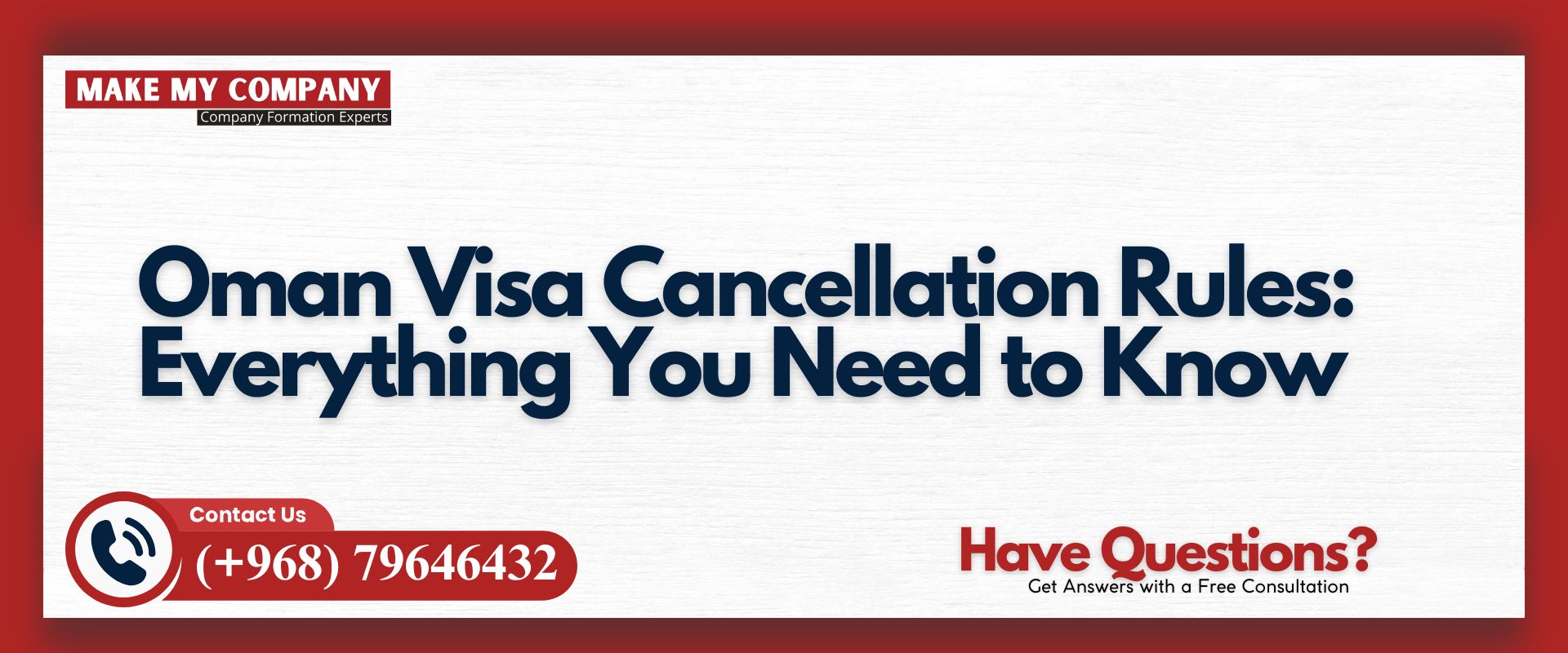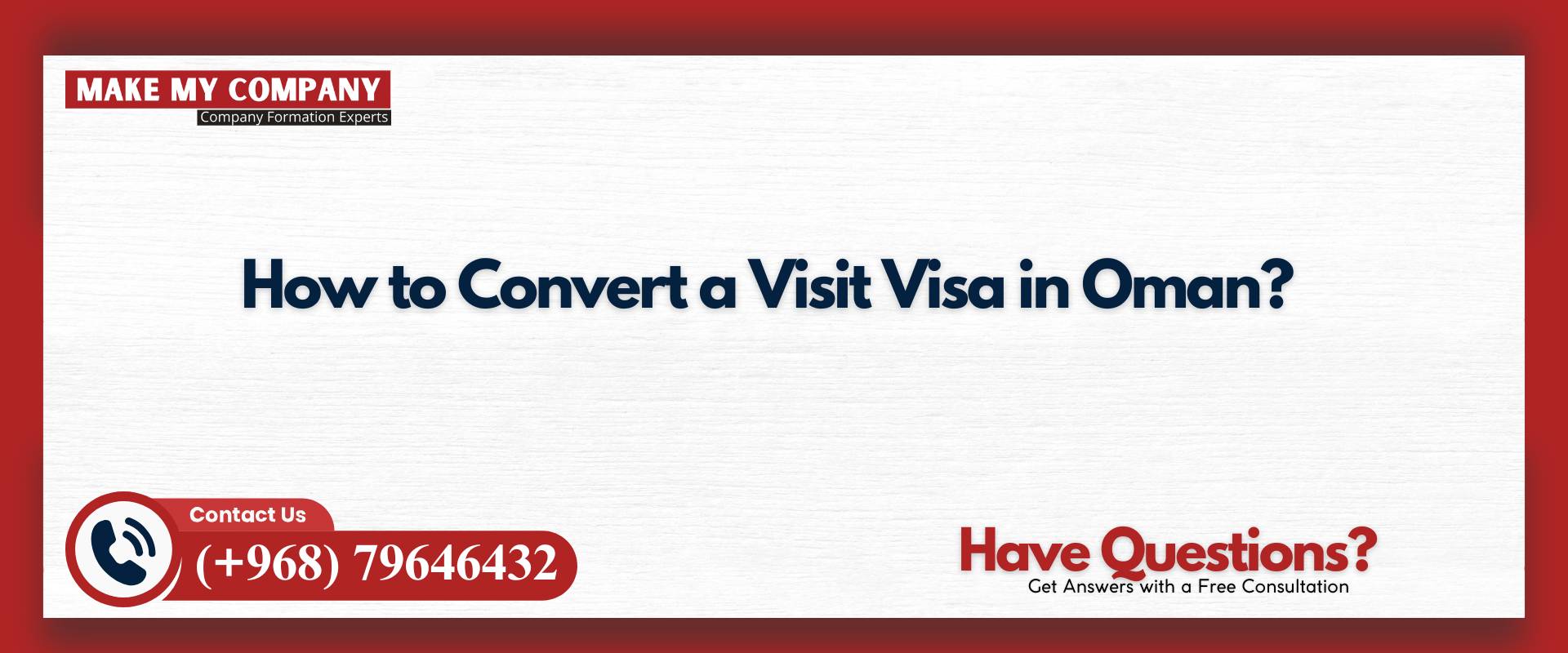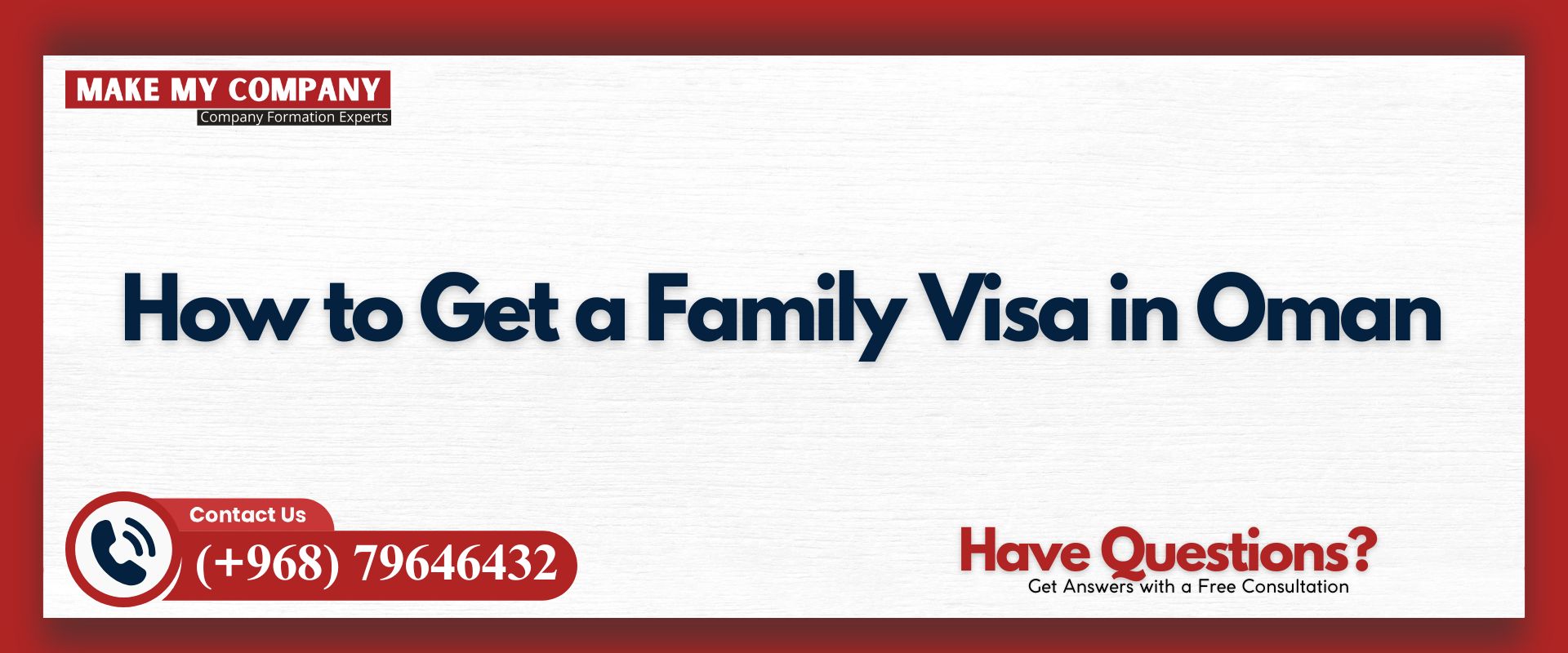Setting up a sole proprietorship company in Oman is a popular option for entrepreneurs who want to take full control of their business while operating in a stable and dynamic economy. Oman’s government has created a supportive environment for businesses, offering clear legal frameworks and simplified processes for setting up different types of companies, including sole proprietorships. This guide provides a detailed overview of sole proprietorship registration in Oman, covering its benefits, features, legal aspects, and the registration process.
What is a Sole Proprietorship in Oman?
A sole proprietorship in Oman is a type of business entity owned and managed by a single individual. The proprietor assumes full responsibility for the business’s operations, liabilities, and profits. This structure is particularly suited to small-scale businesses and professionals who wish to operate independently. Unlike other business entities, a sole proprietorship does not have a separate legal identity from its owner, meaning the owner is personally liable for the business’s obligations.
The legal framework for sole proprietorships in Oman is governed by the Commercial Companies Law (Royal Decree No. 18/2019). This law was introduced to streamline and regulate business activities in the Sultanate. Sole proprietorships have been a recognized business structure in Oman since the introduction of modern business laws in the early 1970s, making them an integral part of the country’s economic development.
Benefits of Registering a Sole Proprietorship in Oman
Starting your own business is a rewarding venture, and registering a sole proprietorship in Oman comes with a host of benefits that cater to entrepreneurs seeking independence and flexibility. With a sole proprietorship, you can enjoy the advantages of streamlined operations and total control over your business. Here’s an in-depth look at the benefits:
Full Control Over Business Operations
One of the primary advantages of a sole proprietorship is the complete autonomy it offers. As the sole owner, you have the authority to make decisions regarding all aspects of your business, from strategic planning to day-to-day operations. This ensures that your business reflects your personal vision and values.
Simplified Setup Process
Registering a sole proprietorship company in Oman is remarkably straightforward compared to other business entities. With fewer bureaucratic hurdles and a simplified registration process, you can focus on launching your business without unnecessary delays.
Cost Efficiency
Setting up a sole proprietorship is cost-effective, making it an attractive option for small business owners. Unlike larger entities that require significant capital investments, sole proprietorships have minimal setup costs and lower overhead expenses.
Direct Access to Profits
As the sole proprietor, you are entitled to retain all profits generated by your business. This direct access to earnings allows you to reinvest in your business or allocate funds as you see fit, giving you greater financial flexibility.
Flexibility in Business Operations
Sole proprietorships are inherently flexible, allowing you to adapt to market changes and pivot your strategies as needed. This adaptability is especially valuable in dynamic industries where responsiveness is key.
Tax Advantages
Taxation for sole proprietorships is straightforward, with fewer compliance requirements compared to other business entities. Sole proprietors benefit from simplified tax regulations, ensuring a hassle-free compliance process.
Personalized Customer Relations
As the sole owner and operator, you can establish direct and meaningful relationships with your customers. This personalized approach helps build trust and loyalty, giving your business a competitive edge.
Ease of Dissolution
In the event that you choose to close your business, dissolving a sole proprietorship is a simple process. This ease of dissolution allows you to transition smoothly to other ventures without complicated legal entanglements.
Key Features of a Sole Proprietorship Business Model
Understanding the key features of a sole proprietorship business model is essential for making informed decisions as an entrepreneur. These features highlight the simplicity, control, and flexibility that make sole proprietorships a preferred choice for many business owners.
Single Ownership
A sole proprietorship is fully owned and operated by one individual. This ensures that all decision-making authority rests solely with the owner, allowing for streamlined operations and quick implementation of strategies. The absence of partners or shareholders means there’s no need to consult others before making major decisions.
Unlimited Liability
While the simplicity of a sole proprietorship is appealing, it also comes with the responsibility of unlimited liability. The owner is personally liable for all business debts and obligations, which means their personal assets, such as savings and property, can be used to settle liabilities if the business faces financial difficulties.
Simplified Management Structure
A sole proprietorship does not require a complex organizational structure. There are no obligations to form a board of directors or comply with corporate governance regulations. This simplicity allows the owner to focus entirely on managing and growing the business without administrative burdens.
Direct Profit Retention
One of the most attractive aspects of a sole proprietorship is that the owner retains all profits generated by the business. Unlike partnerships or corporations where profits are shared, a sole proprietorship allows the owner to decide how profits are utilized, whether for reinvestment, personal use, or savings.
Ease of Setup and Operation
The process of establishing a sole proprietorship in Oman is straightforward, requiring minimal documentation and approvals. This makes it an ideal choice for entrepreneurs looking to start their business quickly and with minimal hassle.
Taxation Simplicity
Sole proprietors benefit from simplified tax requirements. They are typically taxed as individuals rather than corporations, which reduces the complexity of tax compliance and filing. Additionally, sole proprietorships may qualify for certain tax exemptions or benefits depending on their business activities.
Flexible Business Operations
Sole proprietorships offer unparalleled flexibility in operations. Owners can easily adjust their business model, services, or strategies to adapt to market changes or new opportunities. This agility is particularly advantageous in competitive industries where quick responses are crucial.
Personal Connection to Customers
As the sole decision-maker and operator, the owner often engages directly with customers. This personal connection fosters stronger relationships and helps build a loyal customer base. Customers may appreciate the personalized service and direct interaction with the business owner.
Step-by-Step Process for Sole Proprietorship Registration in Oman
Starting a sole proprietorship company in Oman may seem like a daunting process at first glance, but with the right guidance, it becomes straightforward. This step-by-step guide simplifies the process to help you get started seamlessly:
Choose a Business Name
Selecting the right business name is an essential first step. The name should align with Oman’s regulations, be unique, and not infringe on any trademarks. Avoid using prohibited terms or words that might mislead the nature of your business. Once chosen, you will need to reserve your trade name through the Ministry of Commerce, Industry, and Investment Promotion (MOCIIP).
Obtain Initial Approvals
Depending on your chosen business activity, initial approvals may be required from various government bodies or ministries. For instance, healthcare businesses might need approval from the Ministry of Health, while businesses in education might require clearance from the Ministry of Education. These approvals confirm that your proposed activity aligns with national regulations.
Submit an Application
Applications for sole proprietorship registration in Oman can be submitted through the MOCIIP’s online portal or in person at their offices. Ensure you accurately fill out all sections of the application, providing details about your business name, activities, and owner information.
Prepare the Required Documents
Documentation is a critical part of the registration process. You will need to submit:
- A copy of your passport and resident card (for expatriates).
- The trade name reservation certificate.
- Lease agreements for your business premises.
- Any pre-approvals from relevant ministries. It’s essential to ensure all documents are accurate and up to date to avoid delays in the registration process.
Receive the Commercial Registration Certificate
Once your application is reviewed and approved, you will be issued a Commercial Registration Certificate. This certificate serves as official proof of your business’s existence and is a mandatory document for operating legally in Oman.
Register for Tax and Social Security
After obtaining your commercial registration, the next step is to register with Oman’s tax authorities. If you plan to hire employees, you must also register them under Oman’s social security system. This ensures compliance with labor laws and taxation policies.
Obtain Business Licenses
Based on the nature of your business activity, additional licenses or permits may be required. For instance, businesses in food and beverage may need a health and safety permit, while transportation services might require specific operational licenses. Check with the relevant regulatory bodies to ensure you have all the necessary approvals.
Costs Involved in Registering a Sole Proprietorship in Oman
Understanding the financial aspects of setting up a sole proprietorship in Oman is essential for effective planning and decision-making. Here is a detailed breakdown of the various costs involved:
Commercial Registration Fees
The commercial registration fee is one of the primary expenses. This fee typically ranges from OMR 50 to 150 annually, depending on the nature and scale of your business activity. For certain industries or high-risk activities, the fees might be on the higher end of the spectrum.
Licensing Fees
Licensing costs vary based on the type of business you intend to run. For example, a retail business may require a general trade license, while a food establishment might need additional health permits. Licensing fees can range from OMR 20 to 500, depending on the complexity and regulatory requirements of your business.
Notarization and Attestation Costs
Certain documents, such as your lease agreement or trade name certificate, may need to be notarized or attested. These processes ensure that your documentation is legally binding and recognized. Notarization costs can range from OMR 10 to 50 per document, depending on the type and number of documents required.
Professional Service Fees
While not mandatory, many entrepreneurs opt for professional services to streamline the registration process. Business consultants, legal advisors, and accounting services can assist in preparing documents, ensuring compliance, and avoiding potential pitfalls. Fees for these services can vary widely but typically start at around OMR 100 to 500.
Premises-Related Expenses
If your business requires a physical location, you will need to account for lease or rental expenses. Lease agreements for commercial properties often need to be registered with relevant authorities, which may incur additional costs.
Miscellaneous Expenses
Additional expenses may include:
- Visa Processing Fees: For expatriates setting up a business, visa application and processing fees are required.
- Bank Account Setup Costs: While opening a business account in Oman is generally free, certain banks may charge processing fees for specific services.
- Administrative Fees: Minor fees may be applicable for document submission, form processing, or system usage through government portals.
Legal Requirements for Sole Proprietorship in Oman
Operating a sole proprietorship in Oman requires adherence to specific legal requirements. These guidelines ensure that businesses operate within the framework of Oman’s laws and regulations, promoting transparency and compliance. Below is a detailed overview of the legal requirements for setting up and maintaining a sole proprietorship:
Nationality Restrictions
In Oman, sole proprietorship ownership is primarily reserved for Omani nationals and GCC (Gulf Cooperation Council) citizens. Exceptions can be made for expatriates under certain conditions, such as engaging in activities that require specialized skills or knowledge. These exemptions often require additional approvals from relevant authorities.
Business Activity Approval
Each type of business activity has its own set of regulations. Some sectors, such as healthcare, education, and tourism, require prior approval from specific ministries or regulatory bodies. For example, the Ministry of Health oversees healthcare-related businesses, while the Ministry of Education manages approvals for educational institutions.
Compliance with Labor Laws
If you plan to hire employees for your sole proprietorship, you must comply with Oman’s labor laws. This includes providing fair wages, adhering to working hour regulations, and ensuring safe working conditions. Employers must also register their employees with Oman’s social security system to provide them with benefits such as pensions and medical coverage.
Commercial Registration and Renewals
A Commercial Registration (CR) certificate is mandatory for all sole proprietorships operating in Oman. This certificate must be renewed annually to maintain the business’s legal status. Failure to renew on time can result in fines, penalties, or suspension of business activities.
Tax Registration
Businesses earning above the minimum income threshold must register for corporate tax and value-added tax (VAT), where applicable. Sole proprietors are required to file annual tax returns and ensure timely payment of taxes to avoid legal complications.
Licensing Requirements
Certain business activities require additional licenses or permits. For example, food businesses must obtain a health and safety license, while transportation services need operational permits. These licenses ensure that businesses meet the industry’s regulatory and safety standards.
Adherence to Local Regulations
All sole proprietorships must comply with Oman’s municipal regulations, including zoning laws, waste management guidelines, and environmental policies. Businesses operating from a physical location must ensure that their premises meet the required standards for cleanliness, safety, and accessibility.
Business Activities Allowed for Sole Proprietors in Oman
Oman offers a diverse range of business opportunities for sole proprietors, enabling entrepreneurs to establish ventures across various sectors. Below is an in-depth exploration of the business activities allowed for sole proprietors in Oman:
Retail and Wholesale Trading
Sole proprietors can engage in retail and wholesale trading, including the sale of consumer goods, clothing, electronics, and more. This category also includes operating small-scale grocery stores and specialized shops catering to specific customer needs.
Professional Services
Professionals like consultants, accountants, architects, and legal advisors can establish sole proprietorships to offer specialized services. This option is ideal for individuals with expertise in fields requiring professional certifications or licenses.
Small-Scale Manufacturing and Production
Entrepreneurs can set up small-scale manufacturing units for products like handmade crafts, processed foods, or bespoke furniture. These ventures cater to niche markets and often operate on a local or regional scale.
Tourism and Hospitality Services
With Oman’s growing tourism industry, sole proprietors can establish businesses offering tour guide services, travel planning, and small-scale hospitality ventures like guesthouses or holiday rental services.
Freelance and Creative Services
Freelancers in fields like graphic design, photography, content writing, and digital marketing can register as sole proprietors. This category offers flexibility and is particularly suitable for individuals working remotely or on a project basis.
Educational and Training Services
Sole proprietorships can be established for providing tutoring, coaching, or vocational training. These businesses cater to specific skill development needs and are often home-based or operated from small premises.
Health and Wellness Services
Entrepreneurs can offer services like fitness training, yoga instruction, or wellness coaching. These businesses align with Oman’s increasing focus on health and well-being.
Conclusion
Starting a sole proprietorship company in Oman is a strategic move for entrepreneurs looking to establish their presence in the Sultanate’s thriving economy. With its straightforward registration process, minimal capital requirements, and wide range of allowable business activities, it offers a practical pathway for individuals to achieve their business goals. To ensure a smooth and hassle-free setup process, consult with experts like Make My Company, who specialize in business registration and compliance services in Oman.









